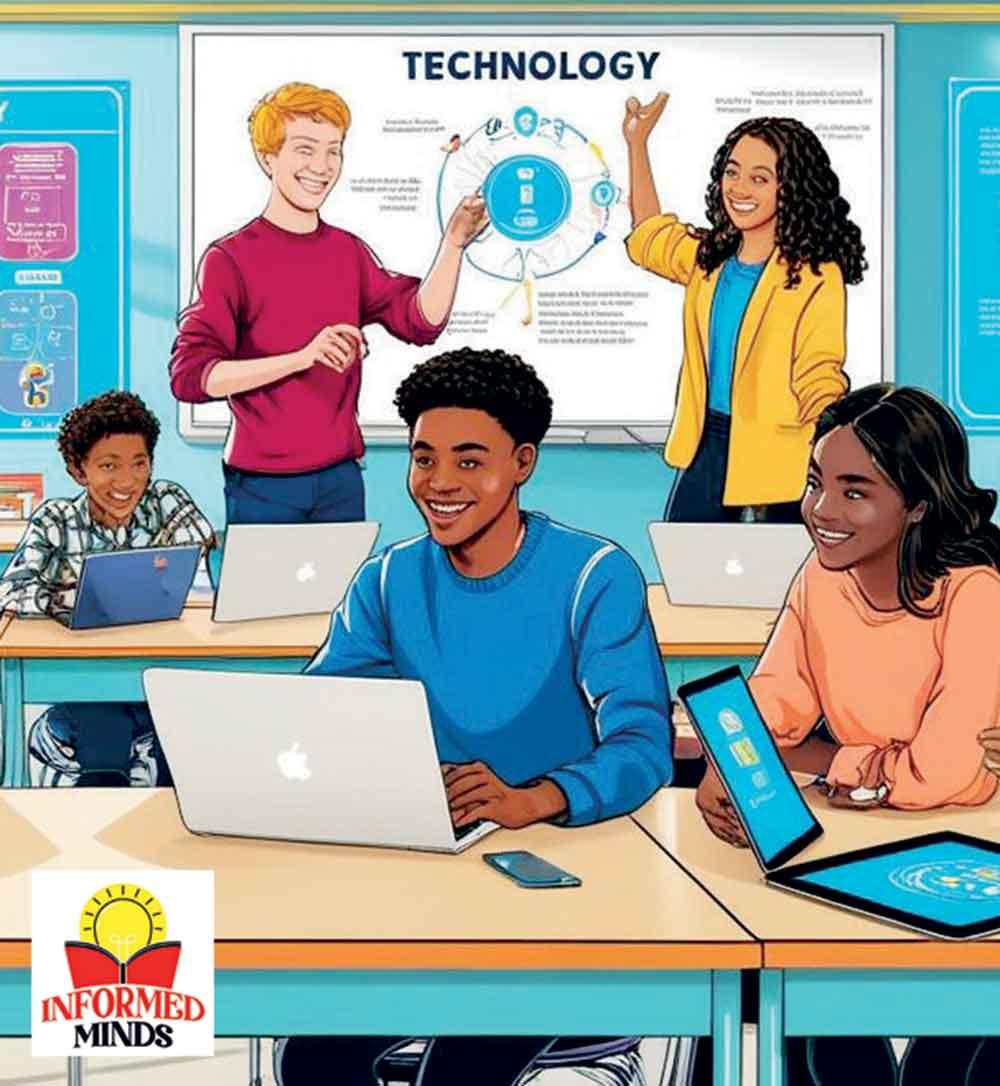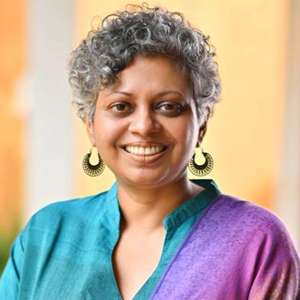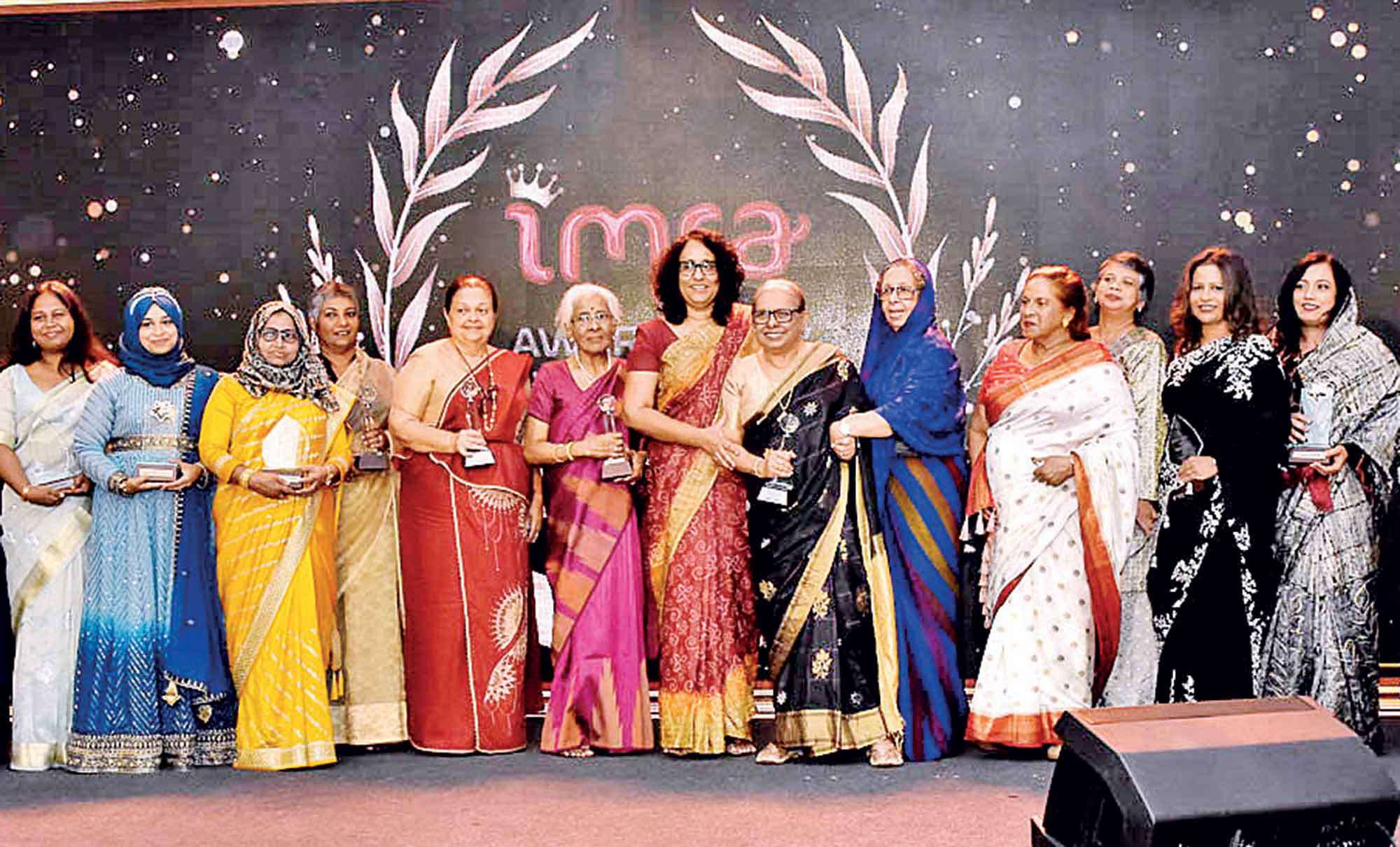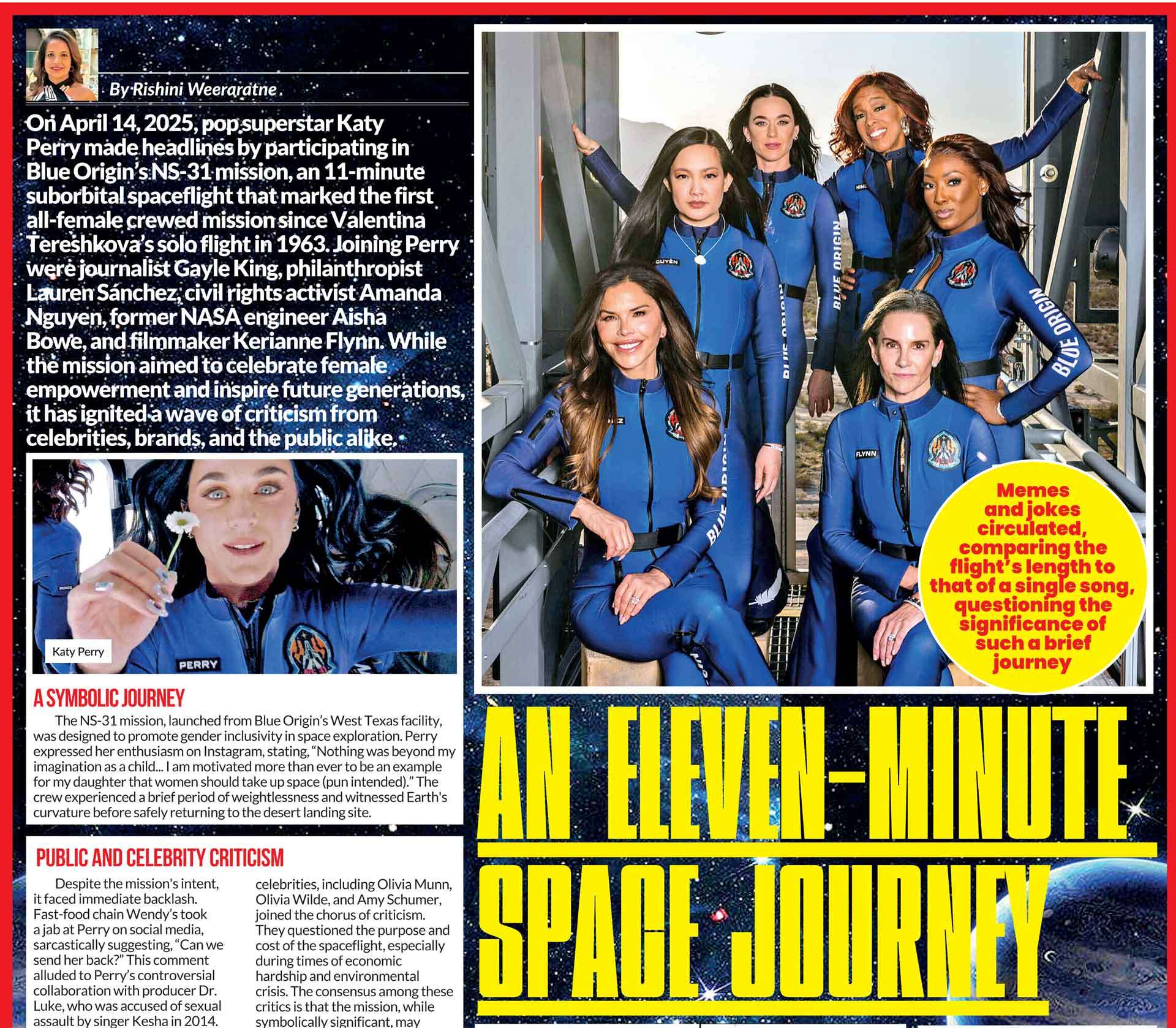
Educational Technology or EdTech is a concept that has evolved over the years. From referring to the use of overhead projectors in lecture rooms (unheard of by today’s Gen Zs!) to taking the place of printed textbooks in classrooms, EdTech has come a long way. Supporters who have hailed EdTech as the golden ticket to modern education have claimed that web-based resources provide access to information beyond the usual textbooks. Additionally, they argue that computerized learning programs could be tailored to meet different student needs. But can we really expect all of these benefits from EdTech or is EdTech in reality a Trojan horse designed to dismantle our children’s ability to think critically?
The way forwards or the way backwards?
For several years now, frequently asked questions have involved the relevance of traditional written tests in an era of digitalisation.
- Why are we getting students to write by hand when everything nowadays is online?
- Are traditional written tests still relevant when students complete most of their work on computers?
- Aren’t computer exams more efficient, reducing grading and limiting human error?
- Wouldn’t computerized exams better prepare students for technologically oriented workplaces and universities?
And then in 2009 came Sweden’s revolutionary decision to ditch traditional textbooks in favour of computers and digital learning! Of course, other countries followed suit and jumped on the EdTech bandwagon. But fast forward to 2024 and Sweden then announced plans to spend an estimated €104 million to reverse its previous decision, citing a decline in foundational skills such as reading and writing, with Sweden’s Minister for Schools Lotta Edholm stating that “Sweden’s students need more textbooks. Physical books are important for student learning.” Policymakers and tech enthusiasts had promised that digital tools would make learning more interactive, flexible, and effective. Yet, in their rush to embrace technology, they had overlooked one crucial question: Were these tools actually better for education, or were they simply a costly experiment with unproven benefits?
But when there is an app feeding you curated answers, what incentive is there to analyse and evaluate?
What is Education?
And instead of learning from the mistakes of others, Sri Lanka now appears to be rushing headfirst into an even worse trap, introducing AI-driven learning apps like IGCSE Buddy as “a timely solution” to the challenges of limited resources and extensive syllabi faced by schools, as well as the expensive tuition classes that parents and students seem to fall back on by default in the run up to O-level and A-level exams. It behoves us at this point to consider what education really is. At its core, education is about thinking, questioning, and problem-solving. But is this what we are getting from the AI-powered apps?
The apps promise to help students ace exams through personalized study plans and instant answers, claiming that the technology will free students from the burden of memorisation and let them focus on deeper learning. But when there is an app feeding you curated answers, what incentive is there to analyse and evaluate? In other words, are we really teaching students to think, or are we teaching them to parrot information under the guise of innovation? Instead of investing in better teacher training, improving classroom engagement, and fostering a love for learning, Sri Lanka with its new EdTech initiatives appears to be placing its hopes on an app. But an algorithm can neither cultivate curiosity nor encourage creativity, and prior to blindly adopting EdTech in schools, policymakers would be advised to address some key (if uncomfortable!) questions:
- Who benefits from this shift?
Technology EdTech is a billion-dollar industry. Are we making decisions based on pedagogy or profits?
- Are students actually learning, or just learning to click faster?
Memorising AI-generated answers isn’t the same as understanding a subject.
- Why are we choosing apps over teachers?
Instead of investing in better teaching methodologies, why are we outsourcing education to machines
- Will this deepen the education gap?
Not all students have equal access to devices, internet, or AI tools. Are we creating an elite class of “app-educated” students while leaving others behind?
When is EdTech Too Much?
The Swedish government’s about-face has served to highlight several previously unforeseen consequences on students.
- The Impact on Learning Retention: Research shows that students learn better when reading from printed materials as opposed to screens.
- The Erosion of Critical Thinking and Problem-Solving Ability: Ease of click-to-answer diminishes the intellectual effort of analysing data, resulting in students losing out on the development of higher order thinking skills associated with better grades.
- Handwriting vs. Typing: A Cognitive View: Handwriting has been linked to better retention of memory and comprehension.
A Balanced Approach to EdTech
Technology definitely has a place in education, but one that must be applied judiciously. The key is balance.
- Maintaining Handwritten Tests:
Rather than phasing out written tests, schools can preserve a balance of handwritten and computer-based tests. Handwriting should still be an integral part of the learning experience, as students will keep acquiring valuable cognitive skills.
- Technology as an Adjunct, not a Substitute
Textbooks and traditional teaching should go hand in hand with computer tools. Schools must employ technology as an additive to learning, not as a substitute for effective educational materials.
- Teaching Digital Literacy and Critical Thinking
Rather than focusing on technological
tools, schools must focus on the proper and
ethical use of technology. Digital literacy should include learning about online disinformation, cybersecurity, and the ethical use of technology.
- Limiting Screen Time and Encouraging Hands-On Learning
A balanced curriculum should incorporate
activities that involve hands-on, outdoor,
and face-to-face learning. The over reliance on screens needs to be complemented
with room for interactive experiential learning.
- Redesigning the Role of Exams
The focus should not be on replacing written tests with computer-based ones but on redesigning assessment itself. Schools need to look at various strategies of assessment, including project-based testing, oral presentations, and application in practice, rather than standardized tests.
Thoughtful Integration: A Call to Action for Parents and Society
If we continue down this path, we will not be producing critical thinkers, innovators, or leaders - we will be producing passive learners, dependent on AI to do their thinking for them. And when the real world demands creative problem-solving, resilience, and adaptability, how will the next generation cope? Sri Lanka’s policymakers need to ask themselves: Are we embracing technology for the right reasons, or are we just following a global trend without questioning its consequences? The EdTech debate must not be presented as an “either-or” situation. Rather, it should be a discussion of how we integrate technology into our educational systems in a manner that supports learning without impeding it. The choice is ours.












